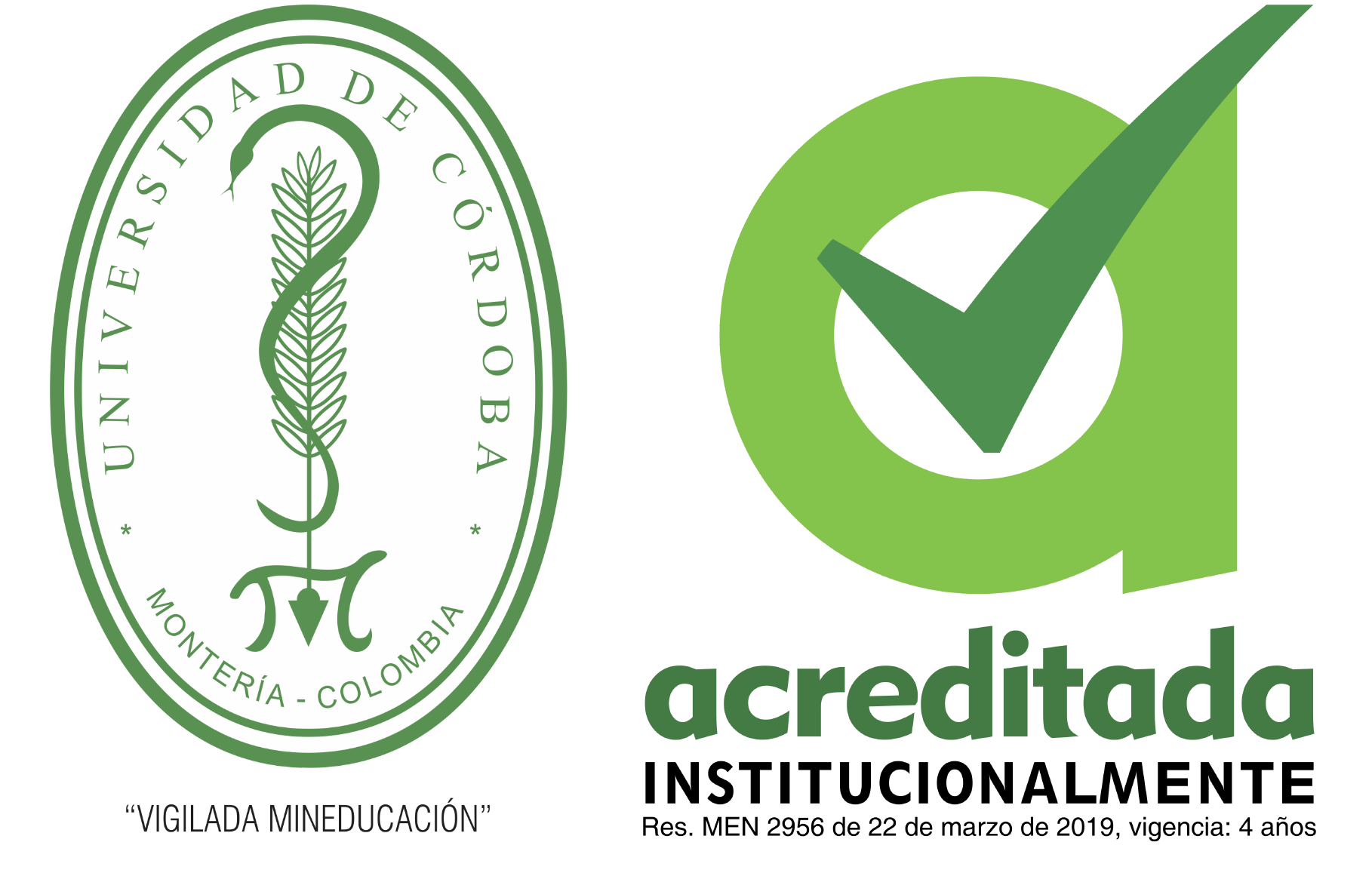Los smart learning contents como alternativas metodológicas en el proceso de enseñanza y aprendizaje en contextos educativos actuales
Los smart learning contents como alternativas metodológicas en el proceso de enseñanza y aprendizaje en contextos educativos actuales
How to Cite
Villalobos Uribe, C. E., Caro Piñeres, M. F., & Meza Fernández, J. (2017). Los smart learning contents como alternativas metodológicas en el proceso de enseñanza y aprendizaje en contextos educativos actuales. Acta ScientiÆ InformaticÆ, 1(1). https://revistas.unicordoba.edu.co/index.php/asinf/article/view/1166
doi
Dimensions
Show authors biography
Article visits 662 | PDF visits
Downloads
Download data is not yet available.
- BlueJ. (2017, 19 de septiembre). Wikipedia, La enciclopedia libre. Fecha de consulta: 18:21, noviembre 4, 2017 desde https://es.wikipedia.org/w/index.php?title=BlueJ&oldid=102009232
- Brusilovsky, Edwards, Kumar, Wollowski (2014). “Increasing Adoption of Smart Learning Content for Computer Science Education” ISBN: 978-1-4503-3406-8, 31-57
- Cabero, J. (2006). Bases pedagógicas del e-learning. Revista de Universidad Y Sociedad Del Conocimiento, 3(1), 1–10. https://doi.org/ISSN 1698-580X
- CABERO, Julio (2004). «La investigación en tecnologías de la educación». Bordón. Vol. 56, n.° 3-4, pág. 617-634
- Castañeda, L., & Adell, J. (2013). Entornos Personales de Aprendizaje: claves para el ecosistema educativo en red. Universitat Jaume I. https://doi.org/10.3145/epi.2012.jul.04
- Chung, K. S., & Kim, M. Y. (2017). Smart learning contents adaptation engine for learning devices types and learner’s property for smart learning. Advanced Science Letters, 23(2), 730–734. https://doi.org/10.1166/asl.2017.7451
- Codecademy. (2017, 9 de octubre). Wikipedia, La enciclopedia libre. Fecha de consulta: 18:19, noviembre 4, 2017 desde https://es.wikipedia.org/w/index.php?title=Codecademy&oldid=102467274
- Coll, C., & Engel, A. (2014).: los Entornos Personales de Aprendizaje en contextos de educación formal. Cultura Y Educación, 26(4), 624–629. https://doi.org/10.1080/11356405.2014.985947
- Contreras Espinosa, R., Alpiste Penalba, F., & Eguia Gómez, J. L. (2006). Tendencias En La Educación: Aprendizaje Combinado. Theoria, 15(1), 111–117. Retrieved from http://www.redalyc.org/articulo.oa?id=29915111
- Educación en línea. (2017, 6 de mayo). Wikipedia, La enciclopedia libre. Fecha de consulta: 14:59, octubre 14, 2017 Desde https://es.wikipedia.org/w/index.php?title=Educaci%C3%B3n_en_l%C3%ADnea&oldid=98911631
- Entorno inteligente. (2017, 6 de octubre). Wikipedia, La enciclopedia libre. Fecha de consulta: 15:02, octubre 14, 2017 desde https://es.wikipedia.org/w/index.php?title=Entorno_inteligente&oldid=102399649
- Entorno personal de aprendizaje. (2017, 5 de junio). Wikipedia, La enciclopedia libre. Fecha de consulta: 15:02, octubre 14, 2017 desde https://es.wikipedia.org/w/index.php?title=Entorno_personal_de_aprendizaje&oldid=99642226
- Huang, R., Chen, G., Yang, J., & Loewen, J. (2013). The New Shape of Learning: Adapting to Social Changes in the Information Society. In R. Huang & J. M. Spector (Eds.), Reshaping Learning SE - 1 (pp. 3–42). Springer Berlin Heidelberg. doi:10.1007/978-3-642-32301-0_1
- Huang, Ronghuai (2011). ICT in Education Promotes Current Educational Change: Challenges and Opportunities. Chinese e-Education (1): 36-40.
- Khan Academy. (2017, 31 de octubre). Wikipedia, La enciclopedia libre. Fecha de consulta: 18:20, noviembre 4, 2017 desde https://es.wikipedia.org/w/index.php?title=Khan_Academy&oldid=103022167
- Koper, R. (2014). Conditions for effective smart learning environments. Smart Learning Environments, 1(5), 1–17. https://doi.org/10.1186/s40561-014-0005-4
- Li, B., Kong, S. C., & Chen, G. (2015). Development and validation of the smart classroom inventory. Smart Learning Environments, 2(1), 3. https://doi.org/10.1186/s40561-015-0012-0
- Liu, Xia (2010). On the effectiveness of classroom teaching of Chinese Language Courses . Education for Chinese After-school, (17):120.
- LMS. (2013, 10 de marzo). Wikipedia, La enciclopedia libre. Fecha de consulta: 15:03, octubre 14, 2017 desde https://es.wikipedia.org/w/index.php?title=LMS&oldid=64690321.
- Mikulecký, P. (2012). Smart Environments for Smart Learning. In 9th International Scientific Conference on Distance Learning in Applied Informatics (pp. 213–222). Retrieved from http://conferences.ukf.sk/index.php/divai/divai2012/paper/view/873
- Moodle. (2017, 4 de noviembre). Wikipedia, La enciclopedia libre. Fecha de consulta: 18:17, noviembre 4, 2017 desde https://es.wikipedia.org/w/index.php?title=Moodle&oldid=103136686
- P. Dillenbourg. Collaborative Learning: Cognitive and Computational Approaches. Advances in Learning and Instruction Series. Elsevier Science, Inc., New York, NY, 1999.
- Pregunta de opción múltiple. (2017, 9 de octubre). Wikipedia, La enciclopedia libre. Fecha de consulta: 21:03, noviembre 3, 2017 desde https://es.wikipedia.org/w/index.php?title=Pregunta_de_opci%C3%B3n_m%C3%BAltiple&oldid=102461779
- Silva, J. (2011). Diseño y moderación de entornos virtuales de aprendizaje (EVA). Barcelona: Editorial UOC (166 Pág.). ISBN, 166. https://doi.org/10.7238/rusc.v9i1.1301
- SPECTOR, J.M. (2014). "Conceptualizing the emerging field of smart learning environments". Smart Learning Environments, Vol. 1 (nº 2). Disponible en: Sle Journal.
- Szabo, M., & Flesher, K. (2002). CMI Theory and Practice: Historical Roots of Learning Management Systems. In Proceedings of E-Learn: World Conference on E-Learning in Corporate, Government, Healthcare, and Higher Education 2002 (pp. 929–936). Retrieved from http://search.ebscohost.com/login.aspx?direct=true&db=eric&AN=ED479618&site=ehost-live&scope=site%5Cnhttp://www.editlib.org/p/15322
- Trilling, B., & Fadel, C. (2009). 21st Century Skills: Learning for Life in Our Times. 21st Century Skills Learning for life in our times.
- Watson, W. R., & Watson, S. L. (2007). An argument for clarity: What are learning management systems, what are they not, and what should they become? TechTrends. https://doi.org/10.1007/s11528-007-0023-y


